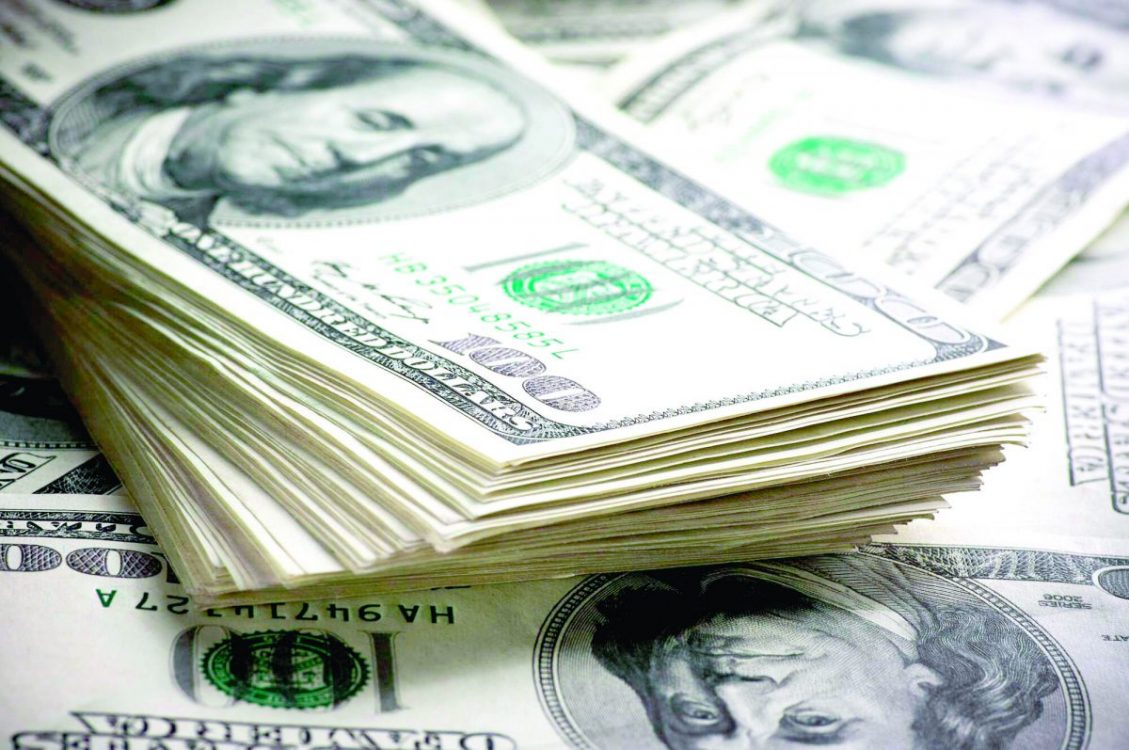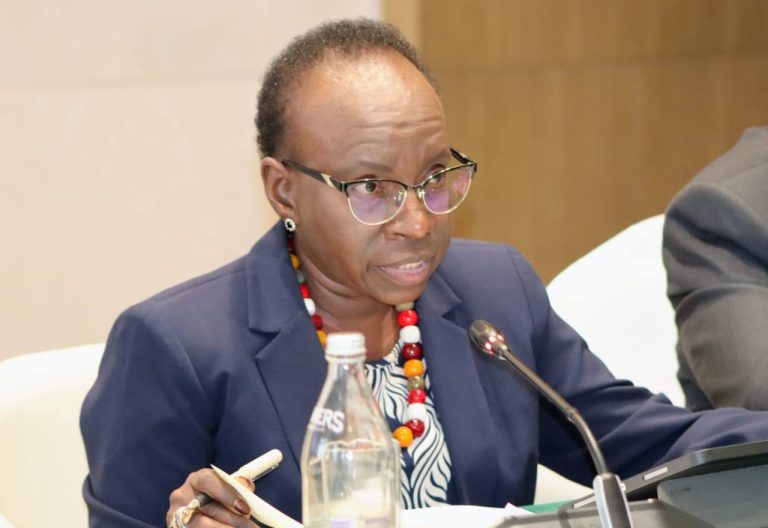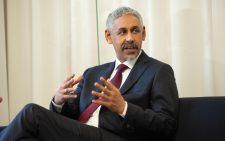Shilling hits new lows at exchange

The Kenya shilling hit the Sh126 mark against the US dollar compared to Sh124.9 last week as pressure mounts on Treasury, further complicating debt servicing obligations, even as forex reserves drop further.
While the import of this is a significant increase in the prices of imported goods such as petroleum and crude palm oil alongside other capital goods, the Central Bank of Kenya (CBK) is confident, calling the shilling stable.
“The Kenya shilling remained stable against major international and regional currencies during the week ending February 16. It exchanged at Sh125.52 per US dollar on February 16, compared to Sh124.98 per US dollar on February 9,” Central Bank said on its website.
Higher exports
Kenya will, however, benefit from higher exports of tea, coffee, flowers and labour which come back as remittances due to the weaker exchange rate.
The country’s energy and food costs have also been on the rise, driving inflation up further. This development could lead to an increase in the prices of essential commodities such as bread, cooking oil, and other household items.
CBK estimates that Kenya’s usable foreign exchange reserves remained adequate at $6.9 billion, which is equivalent to 3.84 months of import cover, meeting the CBK’s statutory requirement to maintain at least four months of import cover.
“This meets the CBK’s statutory requirement to endeavour to maintain at least 4 months of import cover,” CBK said in its latest weekly bulletin.
However, the country’s foreign reserves have fallen to the lowest level since 2015, amid a depreciating shilling, increasing energy and food costs, and higher inflation.
This is as CBK recently announced that Kenya will receive at least $700 million from the World Bank and International Monetary Fund (IMF) within months.
According to the Central Bank of Kenya Governor, Patrick Njoroge, the East African nation will get at least $400 million from the World Bank by the end of June.
This figure is “likely to be much higher,” he added. The IMF is also expected to provide Kenya with $300 million after completing a programme review scheduled for June.












